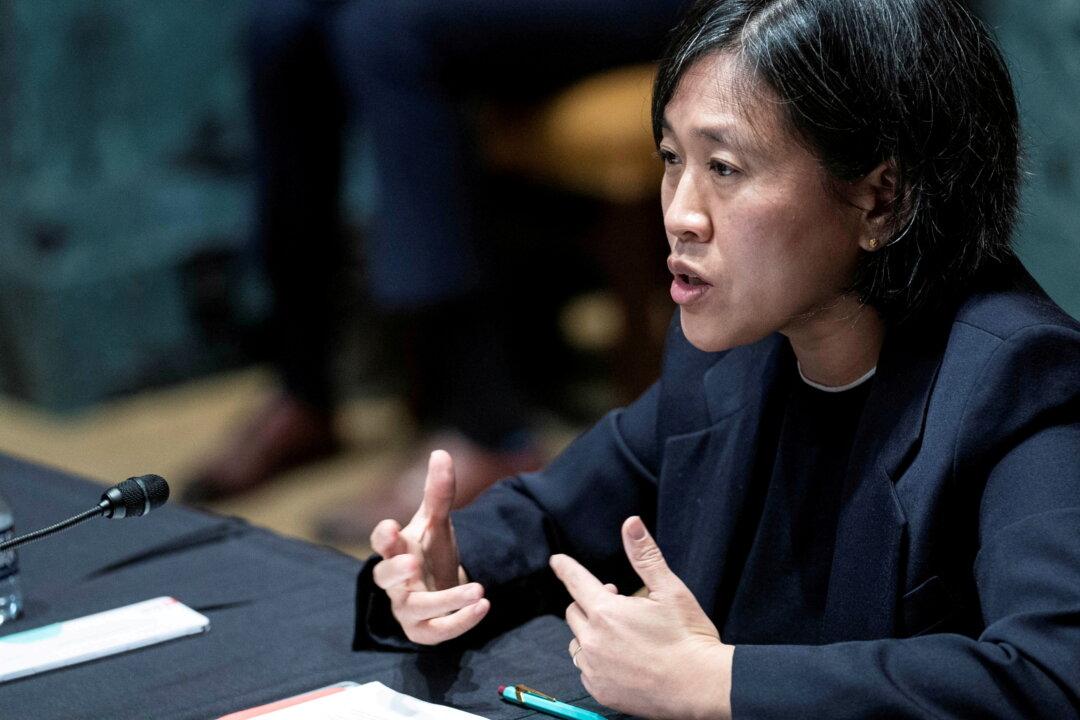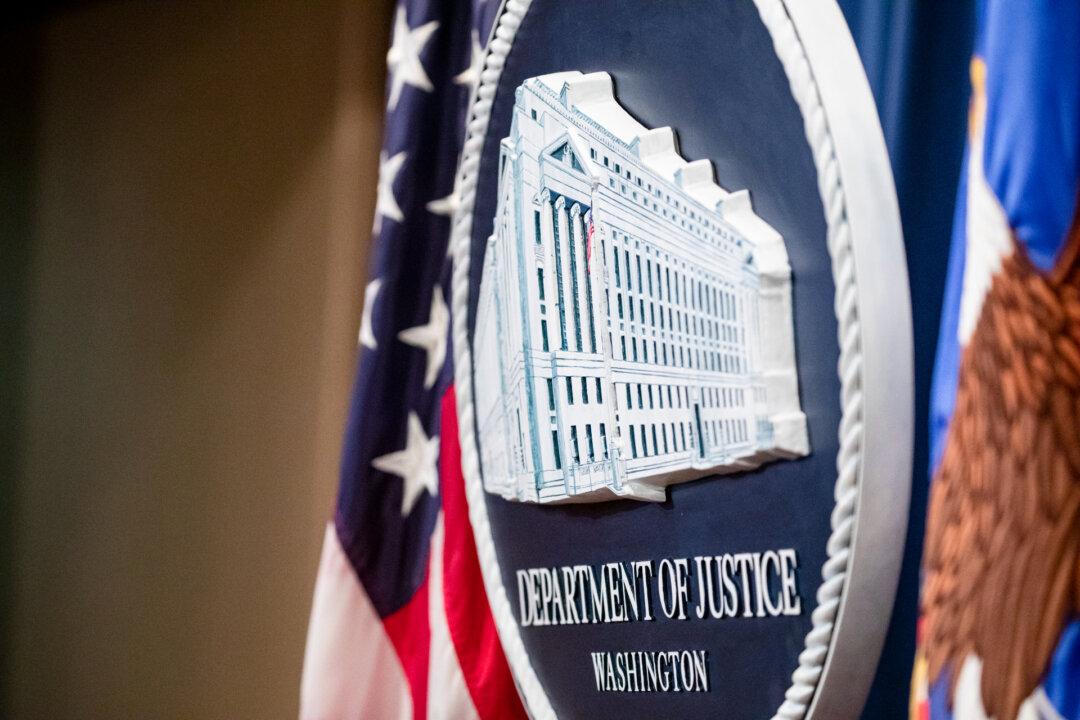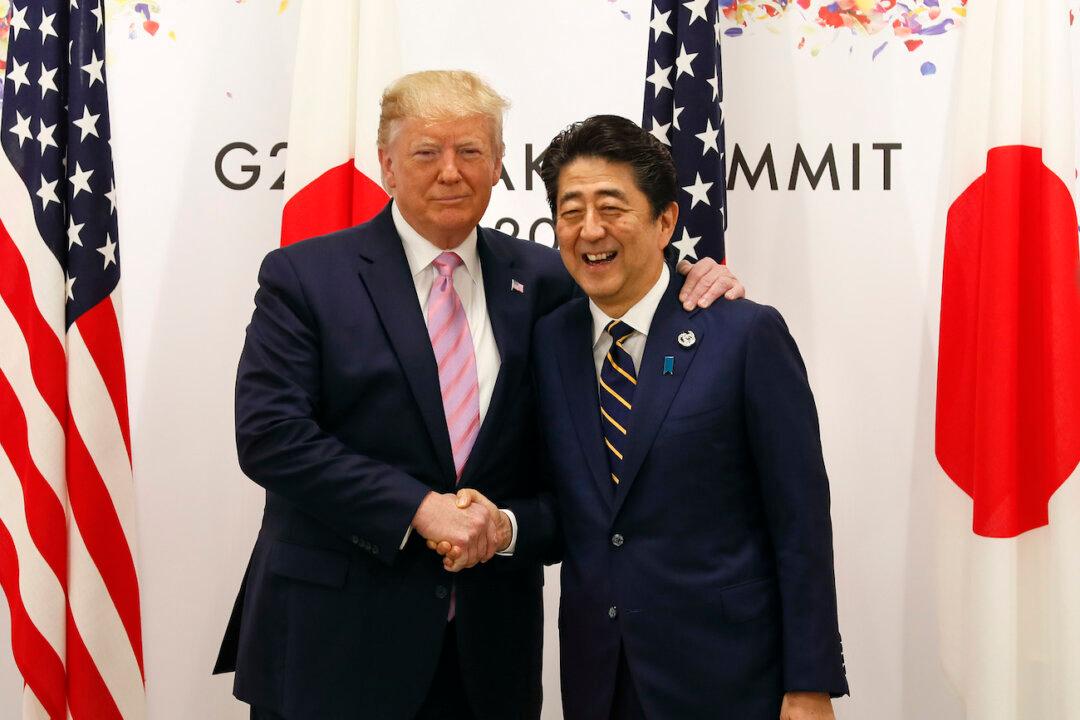U.S. Trade Representative Katherine Tai said Beijing’s noncompliance during phase one of the current U.S.–China trade deals would become a point of future talks. An economics expert said he expects the United States will remain tough on tariffs against China.
On Oct. 14, Tai vowed in Geneva to address the issue of China’s failure to live up to its commitments, in upcoming conversations with China. “There is a need for us to find a new way of engaging and competing with China,” the trade negotiator said, adding that the latest talks are a “good start.”





